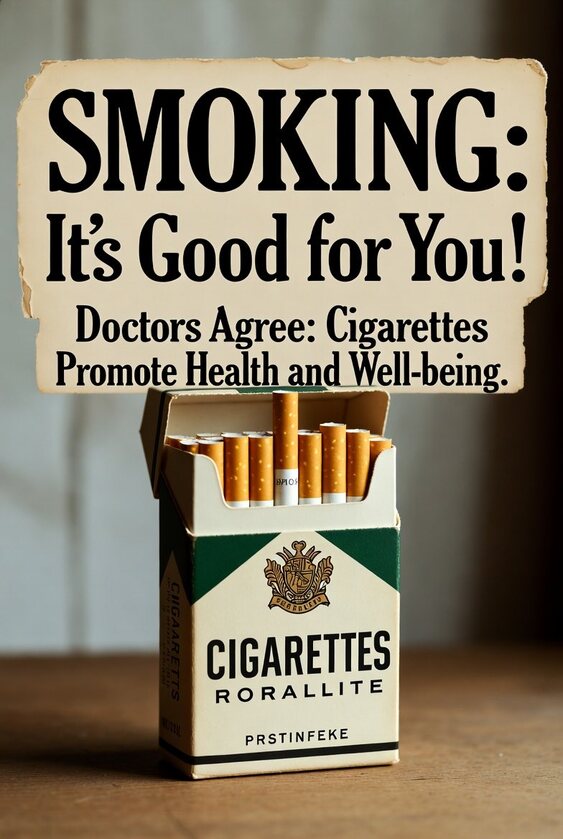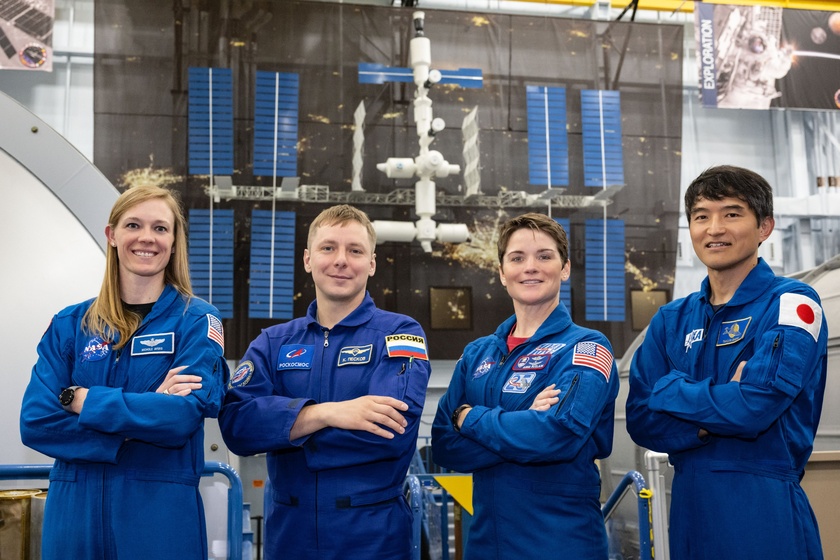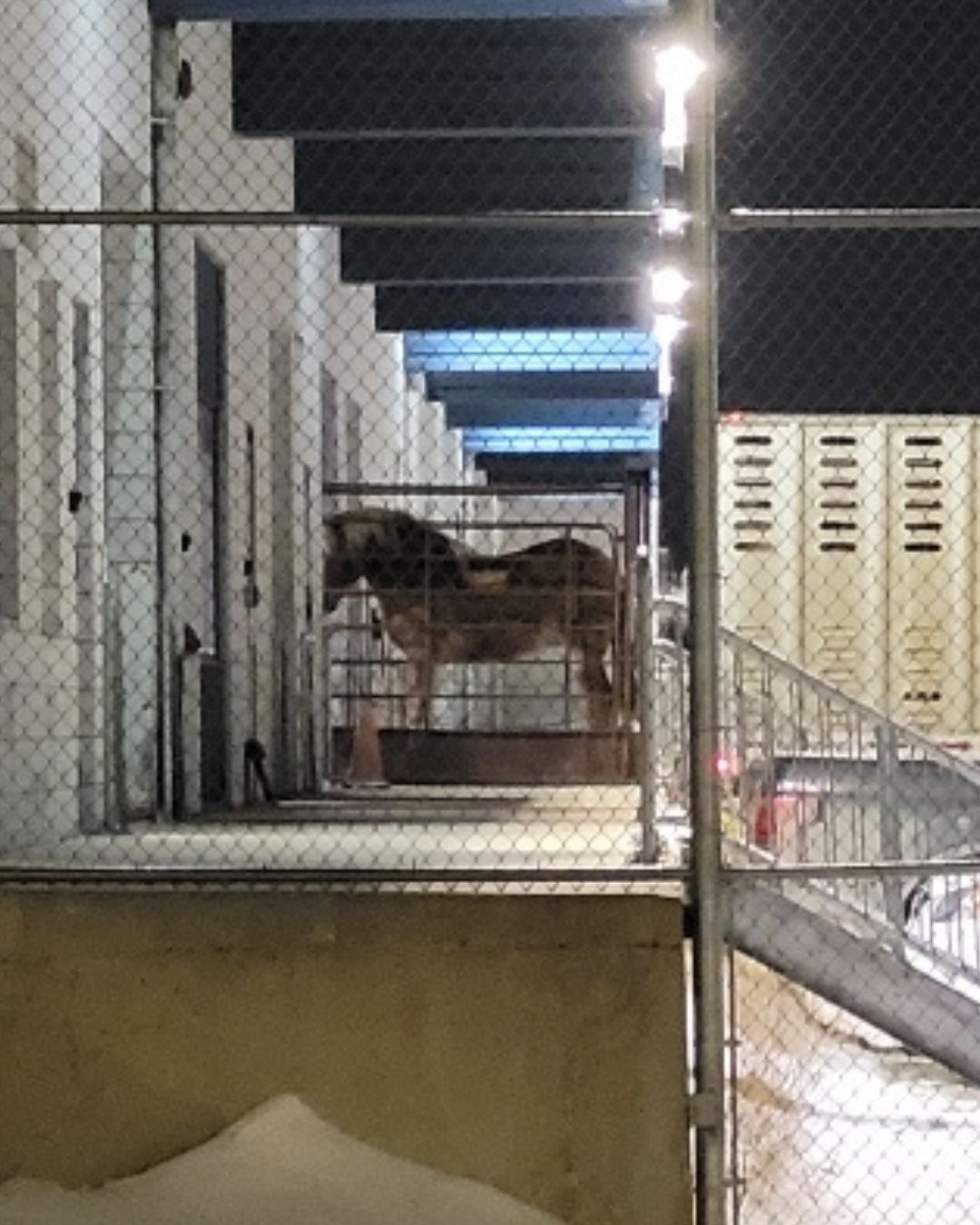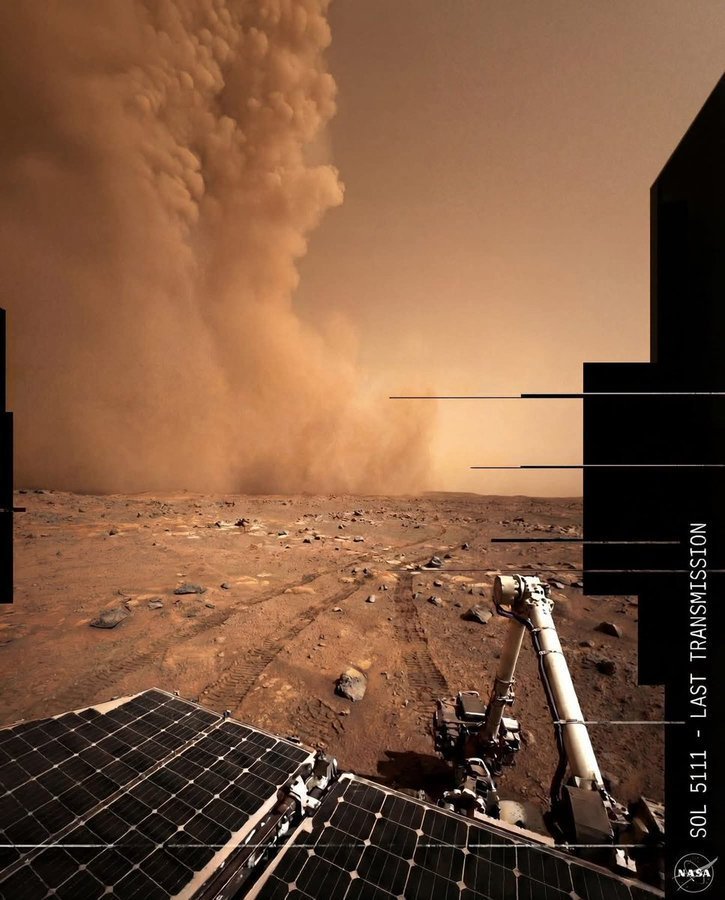Email today to buy or store your DASEIN System 6 can carton today.
[email protected]
https://www.spacex.com/follow-dragon
https://x.com/Space_Station/status/1900623455516528761?t=OkJFDE6Cy1BM7Fowwd8aOg&s=19
The first stage booster supporting Crew-10 returned to Earth and landed at LZ-1
https://x.com/SpaceX/status/1900745213041344849?t=3jewJZHHsTdldkU-_qov6w&s=19
https://x.com/SpaceX/status/1900686603934461992?t=KwCOXwta4qjURVLhU0Az6g&s=19
#Crew10 for the win!
Commander @AstroAnnimal, Pilot @Astro_Ayers, JAXA astronaut Takuya Onishi, and Roscosmos cosmonaut Kirill Peskov are set to join astronauts at the @Space_Station no earlier than February 2025.
More: nasa.gov/news-release/n…
https://x.com/NASA_Astronauts/status/1819113572682572154?t=YQdUxtcU9is9iEcBBtxEHw&s=19
Kirill Peskov, Mission Specialist on Crew-10.
Born in Kyzyl, Tula, Kirill Peskov was a first officer for Russian airlines Nordwind and Ikar, operating Boeing 767s and Boeing 757s.
Peskov was made a cosmonaut in 2020, and Crew-10 is his first spaceflight.
📸 - @BrandonMWynn
https://x.com/interstellargw/status/1900630511443226926?t=YXhFV7PPq1gANaG5E2sg1A&s=19
Basashi is the term for horse sashimi. The overwhelming majority of sashimi is fish.
ANOTHER SHIPMENT 💔🐴 At 4:05 AM, another export flight of horses left the Winnipeg airport & is now en route to Japan for slaughter. With the windchill, it was -30°C, yet horses were left in crates on the tarmac for hours. Canada must END this now! #CdnPoli
📷 @mbanimalsave
My battery is low and it's getting dark." These haunting words, sent from 225 million miles across the void, became the poignant farewell of NASA's Opportunity rover—affectionately known as Oppy—before it fell silent forever. Launched in 2003 and landing on Mars on January 25, 2004, Opportunity was designed for a modest 90-day (90-sol) mission to search for signs of ancient water. Instead, this plucky little solar-powered explorer defied every expectation, outlasting its warranty by a staggering factor of 55, roaming the Red Planet for nearly 15 Earth years (5,498 days / 5,352 sols). It traversed over 45 kilometers (28 miles), survived brutal dust storms, climbed crater rims, and delivered groundbreaking discoveries: definitive evidence of past liquid water, minerals formed in water, and hints that parts of ancient Mars could have supported microbial life.But in June 2018, a massive planet-encircling dust storm engulfed Mars, blocking sunlight for months and starving Oppy's solar ...
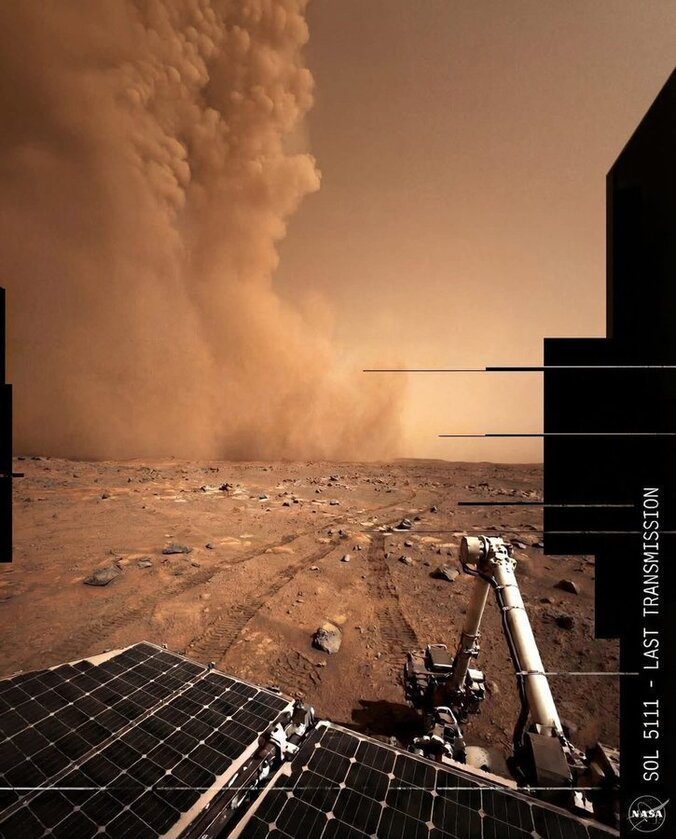
RFK Jr: Food is affecting everything that we do...if a foreign enemy or adversary did this to our country, poisoned us at mass scale, we'd consider it an act of war...
https://x.com/i/status/2023117209036312732
